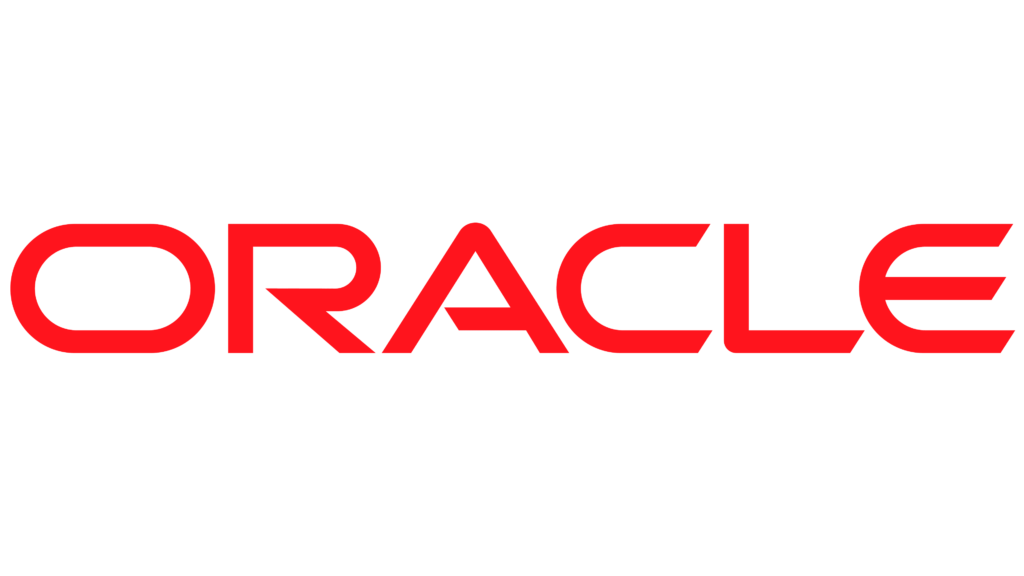2 april 2024
Explore how to create a sustainable future by moving away from dependence on fossil resources to biomass resources for the production of food, chemicals and energy-carriers. Discover how to use microorganisms and catalysts to create biobased products.
The upcoming years are all about creating a sustainable future where it is necessary to move away from fossil resources and explore and implement the opportunities that biomass as a renewable energy source gives us.
Join this course if you want to learn how to create a sustainable future by moving away from dependence on fossil resources to biomass resources for the production of food, chemicals and energy-carriers. You will learn what biomass is, how to produce biomass renewable energy- and biomass fuel and how to make biobased products.
You will get a solid understanding of how chemistry works in a biobased economy and in the production of biomass renewable products. Your valuable knowledge will help your company drive into sustainability and actually make the transition to use biomass resources to produce biobased products.
You will learn about the products that can be derived from biomass and the processes used to do so.
We will explore catalytic conversion of biomass by discussing types of catalysts, special challenges for catalysis when converting biomass into biomass energy and the interplay of catalysis and up/down stream processes. Then we dive into biorefinery. Biorefinery deals with the challenge of extracting valuable biomass components and converting them to final products. To achieve this you first need knowledge of the different types of biomass, the molecules present and their chemical characteristics. Biorefinery is all about efficient processing. Aspects of processing include the harvesting, pre-treatments, conversion and separation technologies.
Stating the obvious; a biobased economy runs on biomass. To apply the gained knowledge to the production of crops, it is therefore important to understand which factors play a major role in crop growth, yield formation and quality. In this module you’ll learn to identify design criteria for the production of biobased crops on both crop- and farm level.
2 april 2024
Explore how to create a sustainable future by moving away from dependence on fossil resources to biomass resources for the production of food, chemicals and energy-carriers. Discover how to use microorganisms and catalysts to create biobased products.
The upcoming years are all about creating a sustainable future where it is necessary to move away from fossil resources and explore and implement the opportunities that biomass as a renewable energy source gives us.
Join this course if you want to learn how to create a sustainable future by moving away from dependence on fossil resources to biomass resources for the production of food, chemicals and energy-carriers. You will learn what biomass is, how to produce biomass renewable energy- and biomass fuel and how to make biobased products.
You will get a solid understanding of how chemistry works in a biobased economy and in the production of biomass renewable products. Your valuable knowledge will help your company drive into sustainability and actually make the transition to use biomass resources to produce biobased products.
You will learn about the products that can be derived from biomass and the processes used to do so.
We will explore catalytic conversion of biomass by discussing types of catalysts, special challenges for catalysis when converting biomass into biomass energy and the interplay of catalysis and up/down stream processes. Then we dive into biorefinery. Biorefinery deals with the challenge of extracting valuable biomass components and converting them to final products. To achieve this you first need knowledge of the different types of biomass, the molecules present and their chemical characteristics. Biorefinery is all about efficient processing. Aspects of processing include the harvesting, pre-treatments, conversion and separation technologies.
Stating the obvious; a biobased economy runs on biomass. To apply the gained knowledge to the production of crops, it is therefore important to understand which factors play a major role in crop growth, yield formation and quality. In this module you’ll learn to identify design criteria for the production of biobased crops on both crop- and farm level.
susterra.pro
Enclaveberg 196
4707 EC Roosendaal
Nederland
info@susterra.pro
KvK : 52.03.41.51
BTW-id : NL002013523B03
IBAN : NL40 RABO 0104833831
Schrijf je in voor de nieuwsbrief




